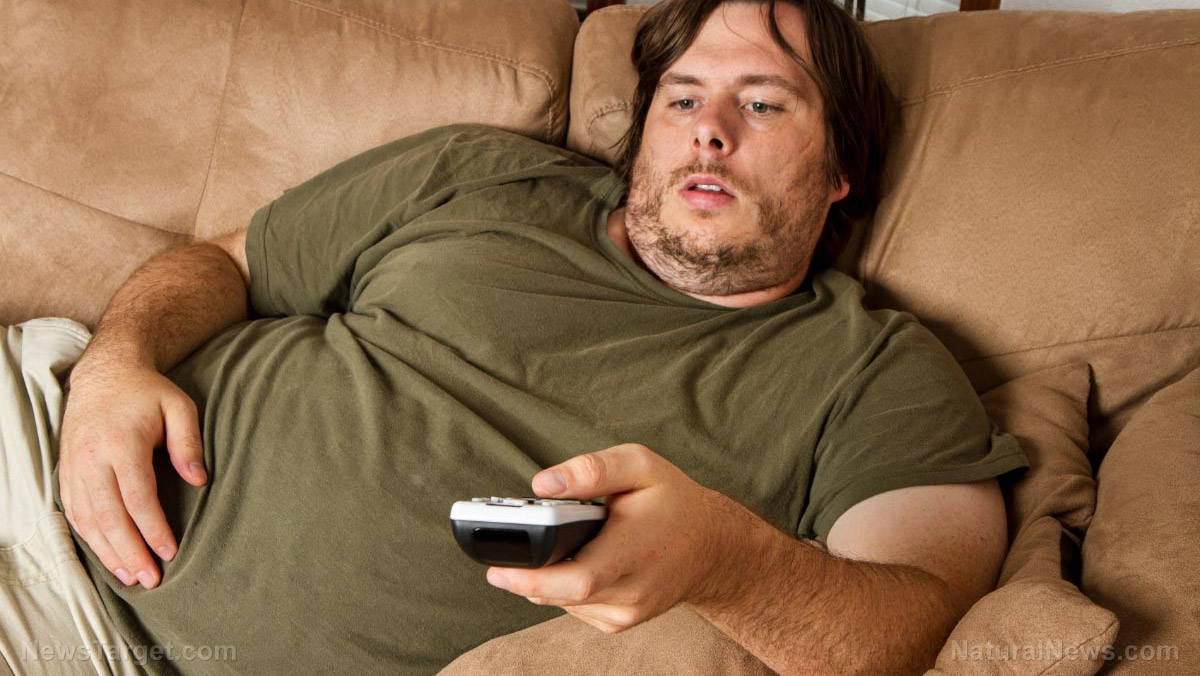How does consistent exercise affect appetite sensitivity?
11/24/2018 / By Michelle Simmons

Exercise looks like a lot of work — if you’re not looking at the payoffs that the body gets from it. In a systematic review in Sports Medicine, researchers suggest that regular exercise improves appetite sensitivity of individuals.
The review was conducted by researchers from the University of Leeds in the U.K. The team analyzed 28 studies — including those on physical activity, appetite, food intake, and appetite-related peptides — which were published between 1996 to 2015. In addition, the participants of the studies involved healthy non-smoking adults aged 18 to 64 years old who participated in cross-sectional studies that examined appetite control in active and inactive individuals; or before and after exercise training in formerly inactive individuals.
Results showed that appetite sensations and absolute energy consumption did not change consistently across studies. Active participants in the studies were greater in compensating for high-energy preloads through reductions in energy intake, in comparison with inactive participants. Moreover, the research team saw a significant curvilinear effect on energy intake when the physical activity level was evaluated across cross-sectional studies. In addition, the review supports the formulation that physical activity level and energy intake may have a non-linear relationship.
“The mechanisms underlying this effect are not known but could include differences in body composition (fat mass and fat-free mass), postprandial hunger or satiety peptides, or sensitivity to tonic peptides, such as insulin or leptin,” the researchers wrote.
The power of the elements: Discover Colloidal Silver Mouthwash with quality, natural ingredients like Sangre de Drago sap, black walnut hulls, menthol crystals and more. Zero artificial sweeteners, colors or alcohol. Learn more at the Health Ranger Store and help support this news site.
They concluded that people who were consistently active displayed improvements on compensating for the energy density of foods compared to people who were not physically active. Furthermore, active individuals could reduce the risk of overconsumption in an energy-dense food environment.
The relationship between appetite and exercise
The appetite of a person is affected when he or she gets involved in physical activity regularly. However, a lot of people are confused about whether exercise makes them hungrier or suppresses their appetite. Most studies indicate that when people exercise moderately, they are more likely to eat only slightly more than when they do not work out. Moreover, those who engage in strenuous training, such as athletes, do eat much more than normal, but they almost always burn the extra calories. However, keep in mind that when you start exercising, even if you do not lose weight, you are more likely to become trimmer and fitter because you will build muscle and lose some body fat.
Appetite tends to drop during the first hour or so after a workout, especially high-intensity workouts. However, energy expenditure and intake are more likely to be balanced over the longer term. The regulation of appetite is complex because factors such as blood sugar levels, a variety of hormones and other chemicals, and psychological factors need to be considered. The effect of exercise on appetite also rely on your weight, gender, lifestyle, and the frequency, duration, and intensity of your workouts.
Types of exercise that suppress appetite
A 2008 study published by the American Physiological Society suggested that various types of exercise, such as aerobic and anaerobic exercises, can trigger various hormones associated with appetite. Aerobic exercise, such as swimming, biking, or running, can suppress ghrelin, a hormone that increases appetite, at the same time increasing levels of peptide YY, a hormone that suppresses appetite. On the other hand, anaerobic exercise, such as weightlifting, can suppress ghrelin but does not affect peptide YY levels, which make it less effective in suppressing appetite compared to aerobic exercise. Even though exercising only suppresses appetite temporarily, some people say that it makes them be more wary of their food choices, resulting in healthier eating habits.
Learn more about the connection between exercise and appetite at Slender.news.
Sources include:
Tagged Under: appetite, appetite sensitivity, energy, exercise, fitness, food consumption, food intake, physical activity, slender, working out



















